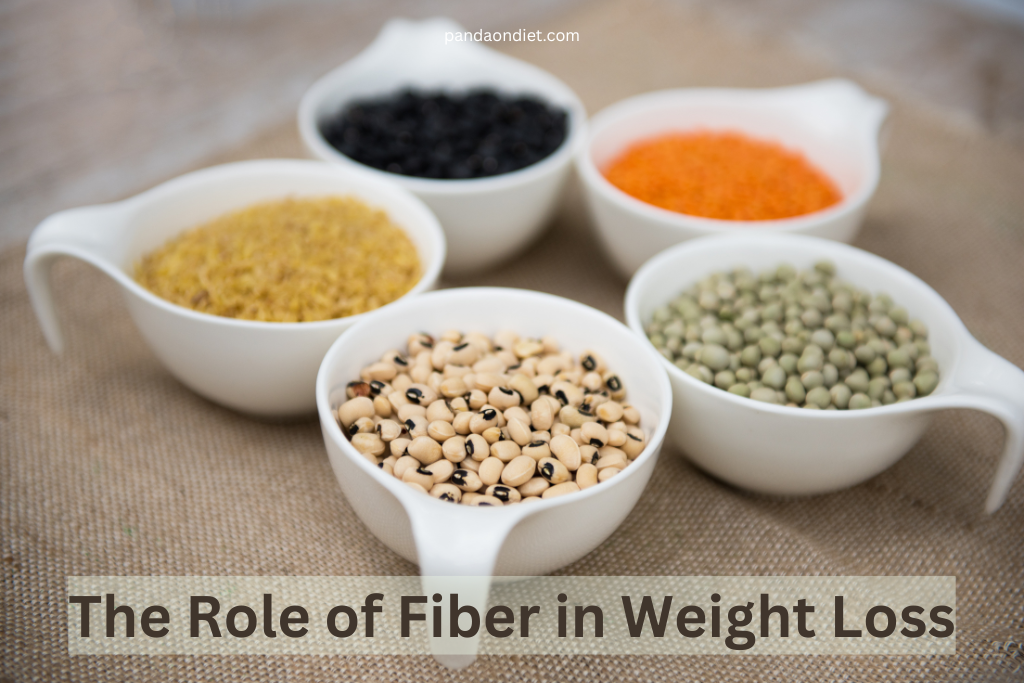Posted inWeight Loss
25 Foods That Are Zero Calories: Your Guilt-Free Choices for Smart Eating
Imagine enjoying foods that taste fresh, fill you up, and keep you energized, all while adding almost no calories to your day. That’s the magic of zero-calorie foods. These are…


